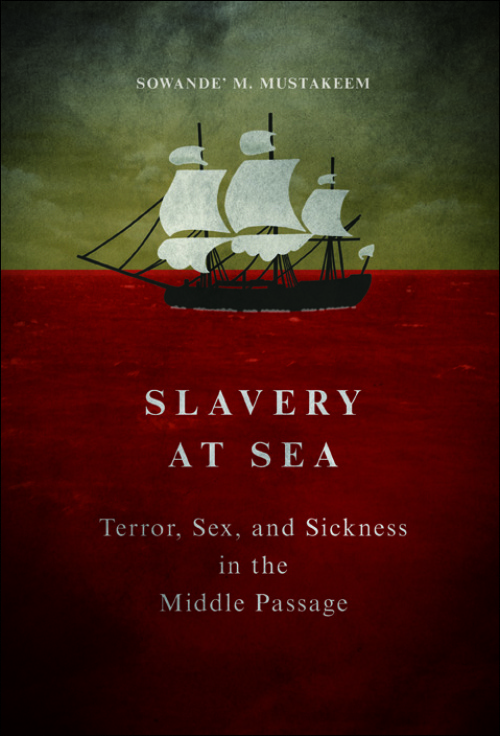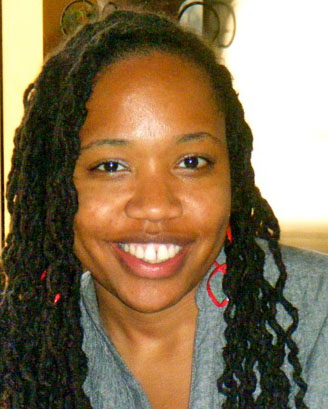Slavery at Sea
Terror, Sex, and Sickness
in the Middle Passage
How slave ships manufactured bondage from the raw material of humanity
Most times left solely within the confine of plantation narratives, slavery was far from a land-based phenomenon. This book reveals for the first time how it took critical shape at sea. Expanding the gaze even more deeply, the book centers how the oceanic transport of human cargoes–infamously known as the Middle Passage–comprised a violently regulated process foundational to the institution of bondage.
Sowande’ Mustakeem’s groundbreaking study goes inside the Atlantic slave trade to explore the social conditions and human costs embedded in the world of maritime slavery. Mining ship logs, records and personal documents, Mustakeem teases out the social histories produced between those on traveling ships: slaves, captains, sailors, and surgeons. As she shows, crewmen manufactured captives through enforced dependency, relentless cycles of physical, psychological terror, and pain that led to the the making–and unmaking–of enslaved Africans held and transported onboard slave ships. Mustakeem relates how this process, and related power struggles, played out not just for adult men, but also for women, children, teens, infants, nursing mothers, the elderly, diseased, ailing, and dying. Mustakeem offers provocative new insights into how gender, health, age, illness, and medical treatment intersected with trauma and violence transformed human beings into the world’s most commercially sought commodity for over four centuries.
“A tremendously important contribution to understandings of the Middle Passage. This work will shift the ways scholars frame the history of slavery in the Americas by extending the terrain of enslavement across the Atlantic and centering the lives and deaths of enslaved African women and men in the Middle Passage.”–Barbara Krauthamer, author of Black Slaves, Indian Masters: Slavery, Emancipation, and Citizenship in the Native American South
“It is not easy to say new things about the slave trade, but Mustakeem does so, again and again. She strikes a mighty blow against the ‘violence of abstraction’ that has long governed the study of the subject. She makes us understand the slave trade in a new, visceral way.”–Marcus Rediker, author of The Amistad Rebellion: An Atlantic Odyssey of Slavery and Freedom
“Slavery at Sea includes heartbreaking stories of capture, breathtaking vignettes of torture, and harrowing tales of the Middle Passage that bring to life the terror that many enslaved people experienced at sea. This well-researched study also pays critical attention to how age, gender, and health informed the economic development of the international slave trade.”–Jim Downs, author of Sick from Freedom: African-American Illness and Suffering during the Civil War and Reconstruction
+++++++++++
Sowande’ M. Mustakeem is an assistant professor in the Department of History and the African and African American Studies Program at Washington University in St. Louis.
>via: http://www.press.uillinois.edu/books/catalog/88pnz5xm9780252040559.html
____________________
>via: http://www.prx.org/pieces/105669?m=false




